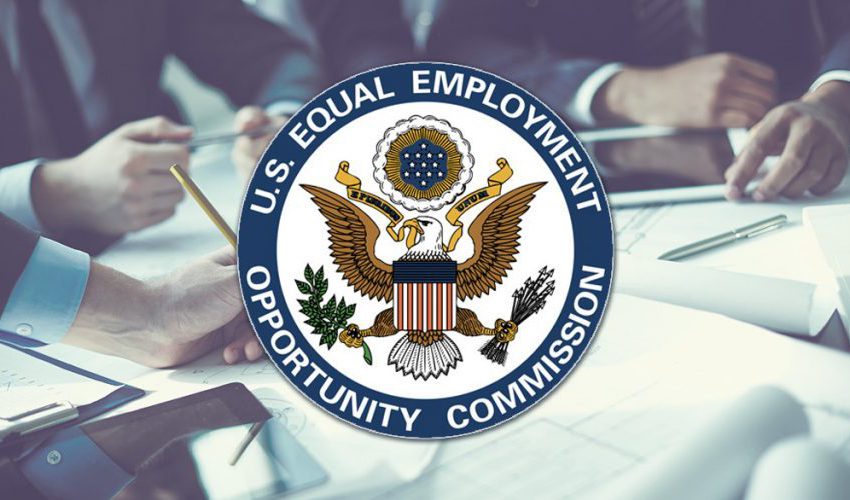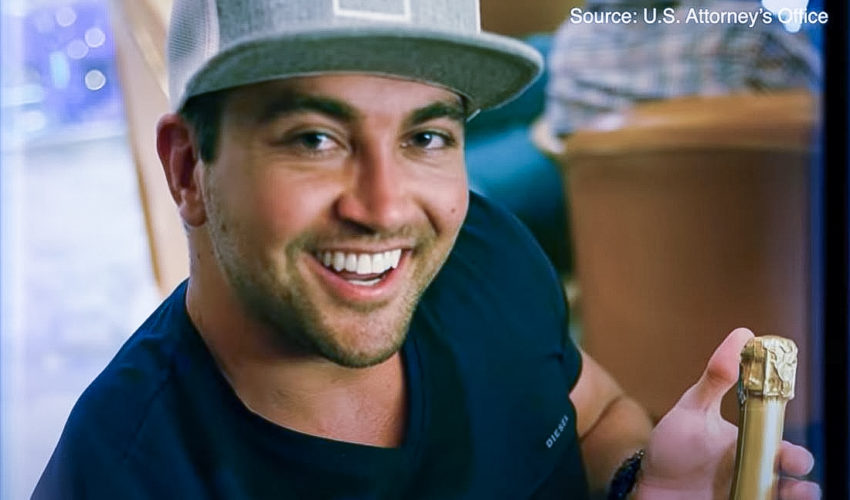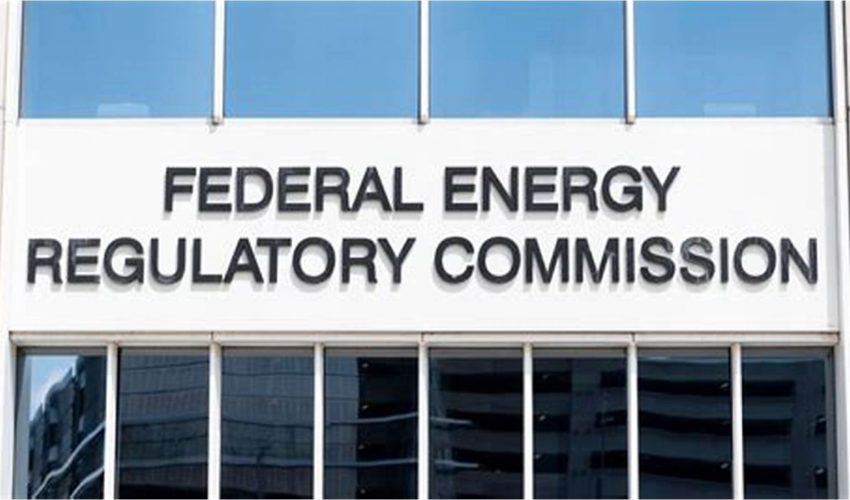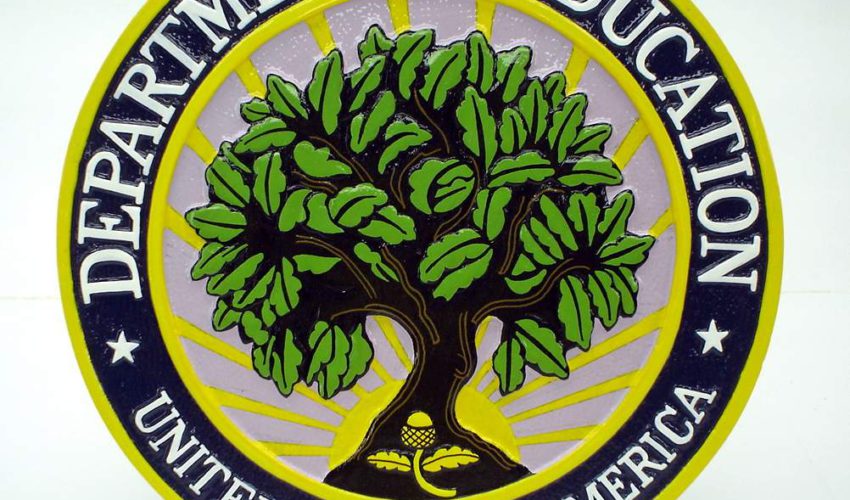SALT LAKE CITY – On Thursday, Attorney General Sean D. Reyes joined a 17-State coalition, led by Tennessee Attorney General Jonathan Skrmetti and Arkansas Attorney General Tim Griffin, in suing the federal Equal Employment Opportunity Commission (EEOC) over its new rule mandating workplace abortion accommodations through an illegal interpretation of the Pregnant Workers Fairness Act of 2022 (PWFA).
The PWFA fills a gap in federal law by ensuring pregnant women in the workplace receive accommodation to protect their pregnancies and unborn children. A diverse coalition of lawmakers, business groups, and nonprofit organizations supported that pro-family aim and secured broad bipartisan support.
Yet in a new rule, unelected commissioners at the EEOC seek to hijack these new protections for pregnancies by requiring employers to accommodate women’s elective abortions—something Congress clearly did not authorize. Further, the EEOC’s rule contradicts States’ duly enacted abortion prohibitions and undermines their commitment to protecting prenatal life at all stages of development.
If the EEOC’s rule stands, the State of Utah, the co-plaintiff States, and countless others must allocate resources to support women’s workers’ elective abortions or face federal suit—even if illegal under state law. Seventeen states now bring this complaint to enjoin and set aside the EEOC’s unprecedented and unlawful abortion accommodation mandate.
The following states joined Utah, Tennessee, and Arkansas in this lawsuit: Alabama, Florida, Georgia, Idaho, Indiana, Iowa, Kansas, Missouri, Nebraska, North Dakota, Oklahoma, South Carolina, South Dakota, and West Virginia.










